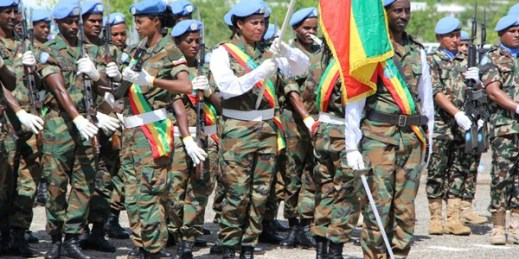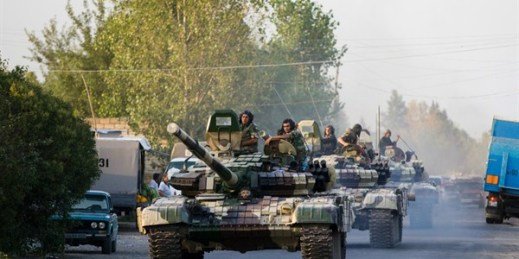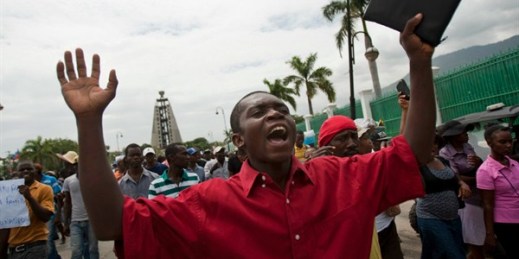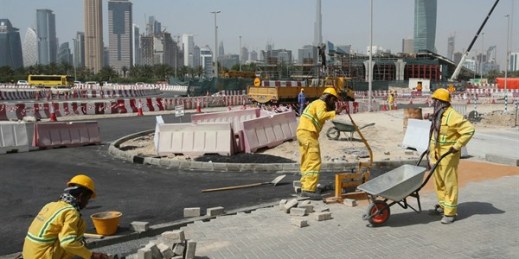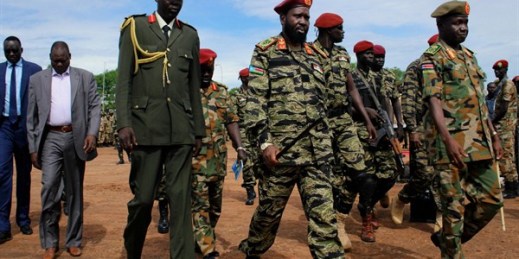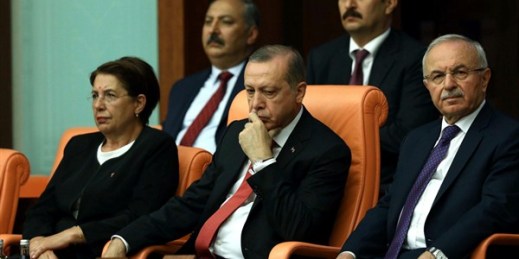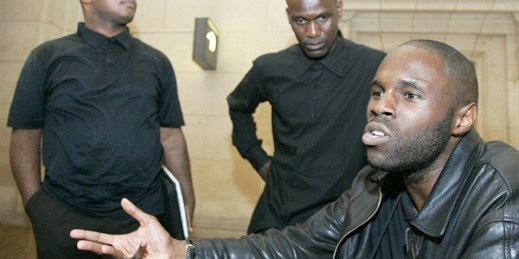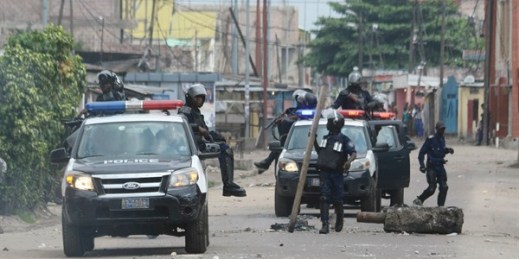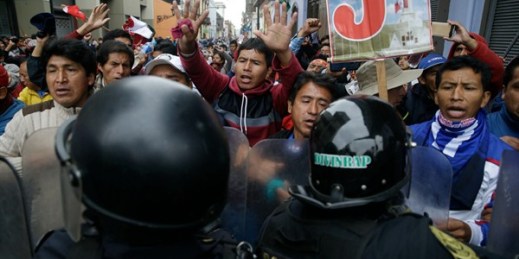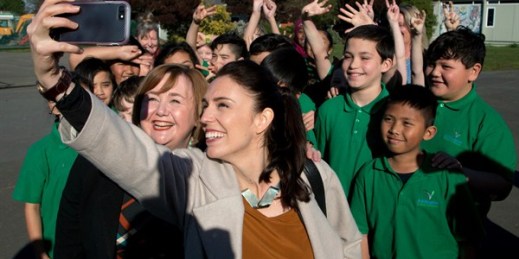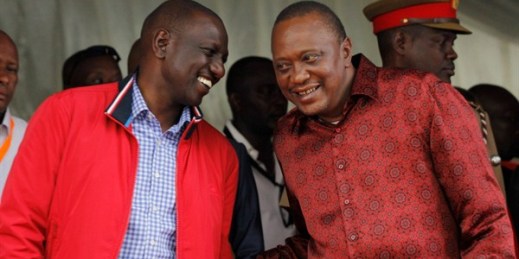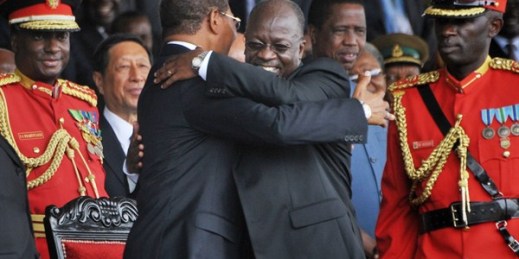
Tundu Lissu was having a rough year even before he was attacked by multiple gunmen last week, taking bullets in the stomach, leg and arm. The opposition lawmaker, who is also president of the national bar association, gained new prominence last year when he began denouncing President John Magufuli as a “petty dictator.” Since then, he has been arrested repeatedly in retaliation for anti-government statements, including this past July and August. By the AFP’s count, he has been arrested “at least six times” in 2017 alone. Last Thursday, the dangers he faced became starker when assailants shot him outside his […]

